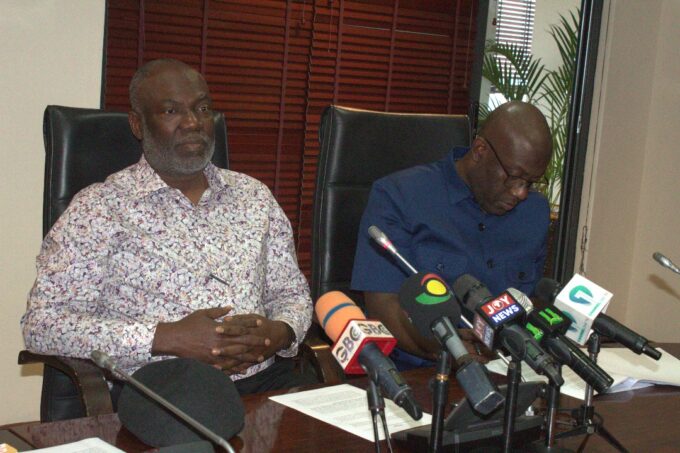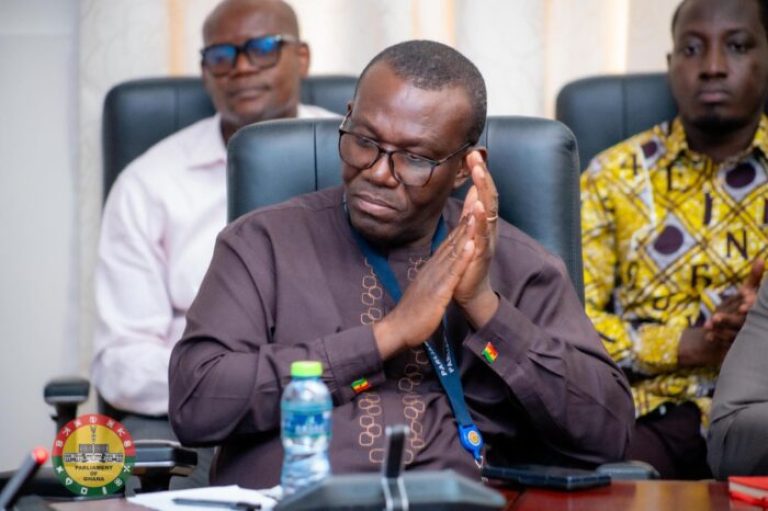A fierce political controversy is brewing in Ghana after the government introduced a new GH¢1 Energy Sector Levy—quickly dubbed the “Dumsor Levy”—on petroleum products, prompting fierce condemnation from the Minority in Parliament who say the move is both unjust and deceptive.
The opposition has criticized the tax as a regressive measure that unfairly targets all income groups, with no exemptions for vulnerable populations. Unlike previous levies such as the Electronic Transfer Levy (E-Levy), which included provisions to protect low-income earners, the new energy tax applies universally, increasing fuel costs by an estimated 8% across the board.
According to members of the Minority, the rollout of this new tax was done without prior public engagement or transparency. Unlike the E-Levy, which was announced in the national budget and followed by public forums, the Energy Sector Levy reportedly passed through Parliament with minimal scrutiny—an act the Minority claims was deliberately timed to avoid public backlash.
Analysts warn the effects of the levy will ripple far beyond the fuel pump. As transportation costs rise, essential goods and services are expected to become more expensive, putting additional strain on households already grappling with high inflation.
The opposition has also raised questions about the government’s shifting narrative regarding the purpose of the levy. While some officials claim the funds are intended to pay off energy sector debts, others have indicated the money will be used to procure liquid fuels. The inconsistency, critics argue, only deepens public skepticism about the true motives behind the tax.
Further concerns have been raised about the feasibility of using the levy to tackle the sector’s financial crisis. With a projected GH¢9 billion expected from the levy by December 2026, observers note that this figure falls far short of the sector’s staggering US$3.1 billion debt. Critics argue that without structural reforms, the levy could burden citizens without solving the underlying problem.
Moreover, the opposition sees the move as a betrayal of the ruling party’s campaign promises. In the lead-up to the 2024 general elections, government officials assured Ghanaians that no new taxes would be introduced to resolve the energy crisis. The Minority is now calling out what they describe as a complete reversal of that commitment.
They have proposed alternative solutions, including renegotiating costly power contracts, improving the efficiency of state-owned utilities, and investing in renewable energy projects that were pledged in the 2024 party manifesto.
Parliamentary members say they will continue to resist the implementation of the tax, working with advocacy groups, transport unions, and industry stakeholders to push for a reversal. With public discontent brewing, the next few weeks may prove critical in shaping the future of the energy sector—and the government’s credibility.


